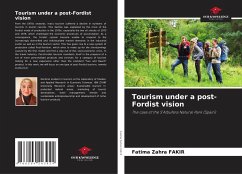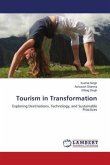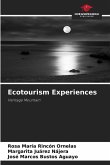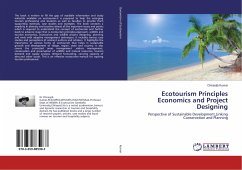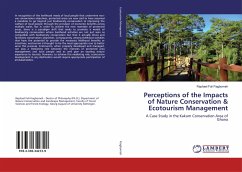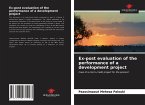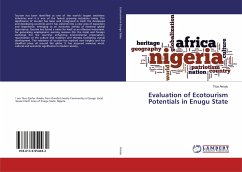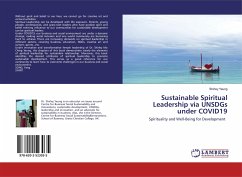From the 1970s onwards, mass tourism suffered a decline in numbers of tourists in tourist resorts. This decline was explained by the crisis of the Fordist mode of production in the 1970s, especially the two oil shocks of 1973 and 1979, which challenged the economic processes of accumulation. As a consequence, the Fordist system became unable to respond to the increasingly diversified and individualized market demands in the industrial sector as well as in the tourism sector. This has given rise to a new system of production called Post-Fordism, which aims to make up for the shortcomings caused by the first model and find a way out of this socio-economic crisis. In the travel industry, Post-Fordist tourism manifests itself in the proposal of a set of more personalized products and services for a category of tourists looking for a new experience other than the standard "Sun and Beach" product. In this work, we will focus on one type of post-Fordist tourism, namely ecotourism.
Bitte wählen Sie Ihr Anliegen aus.
Rechnungen
Retourenschein anfordern
Bestellstatus
Storno

